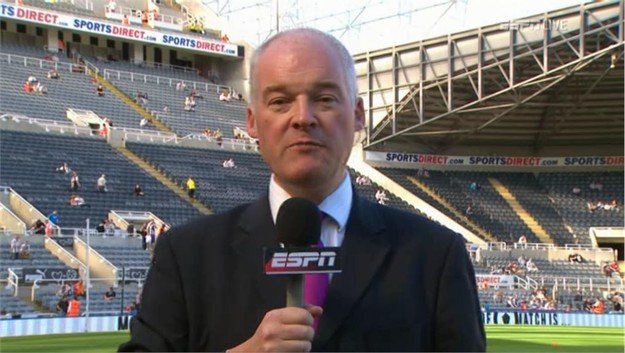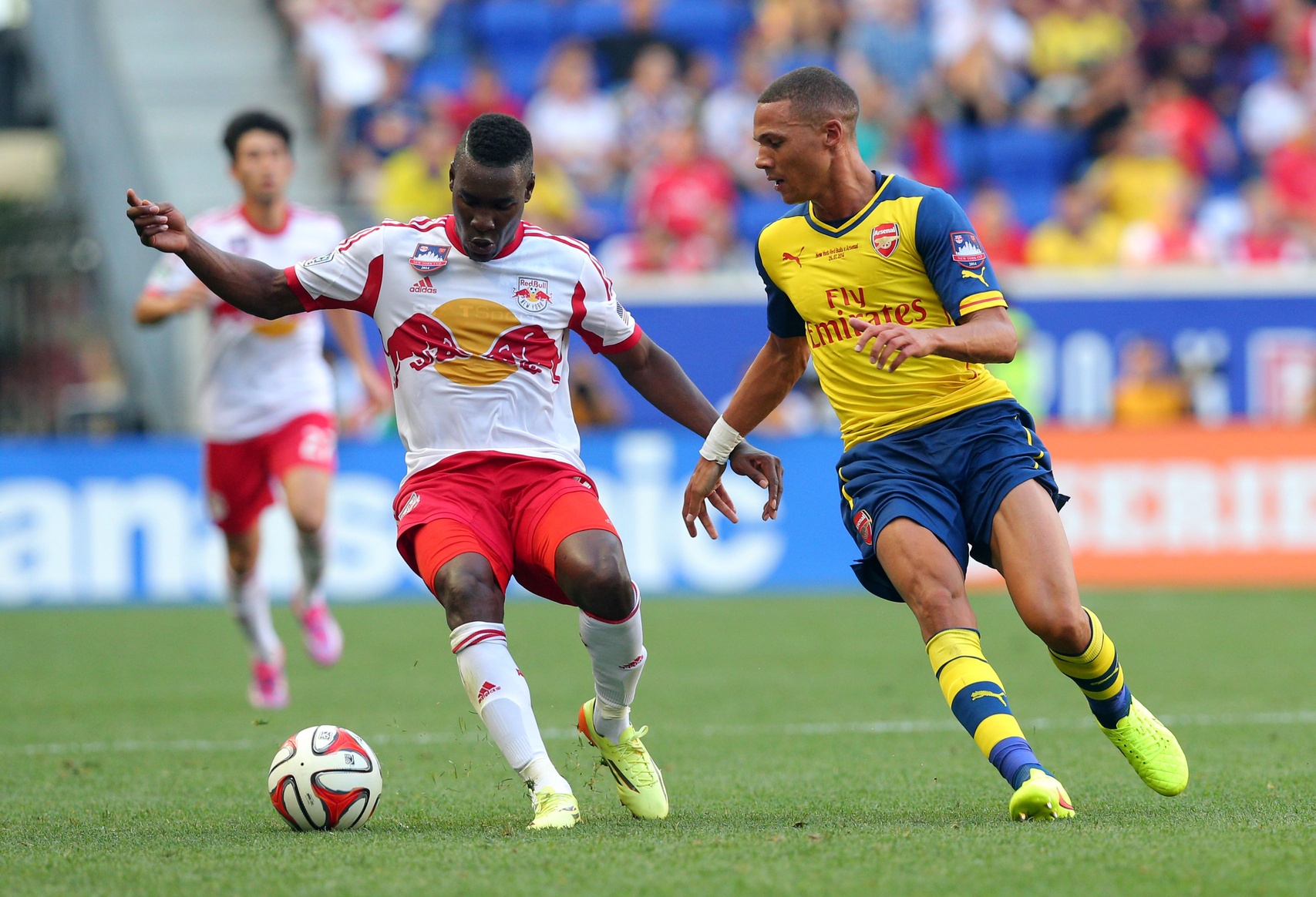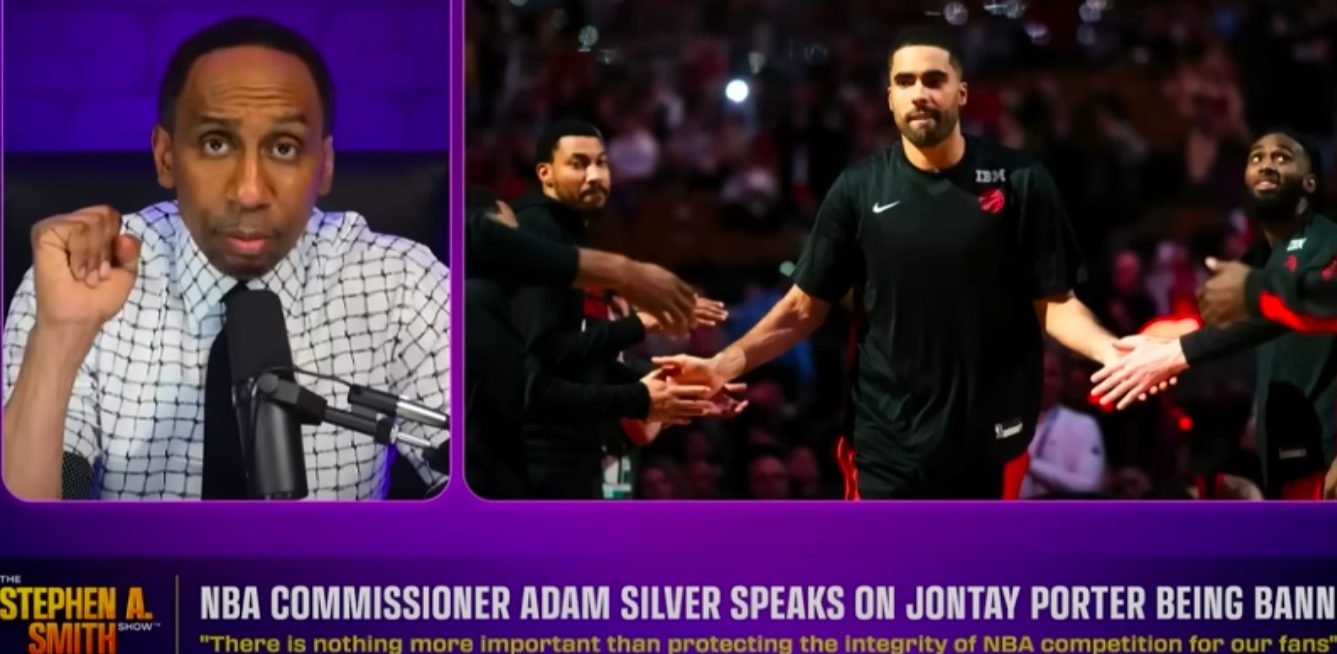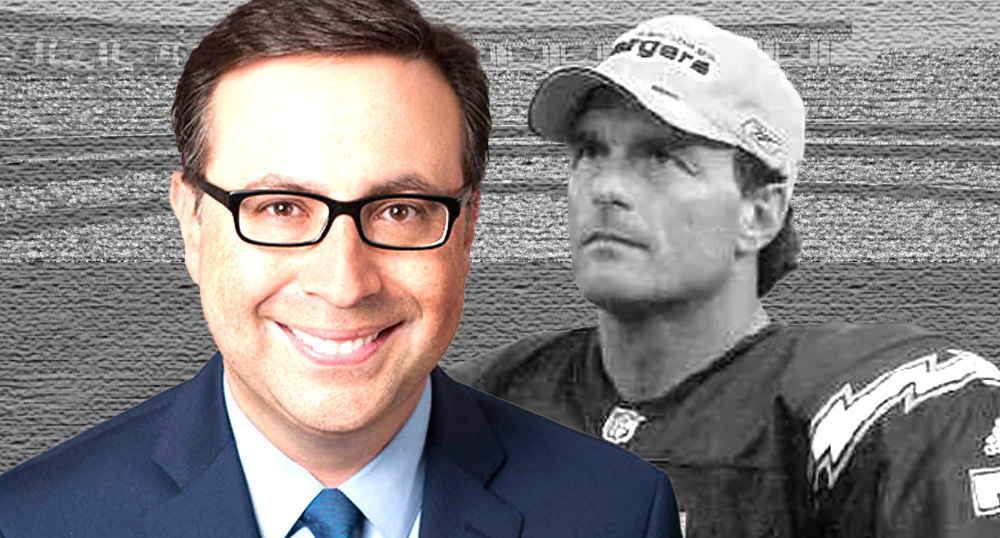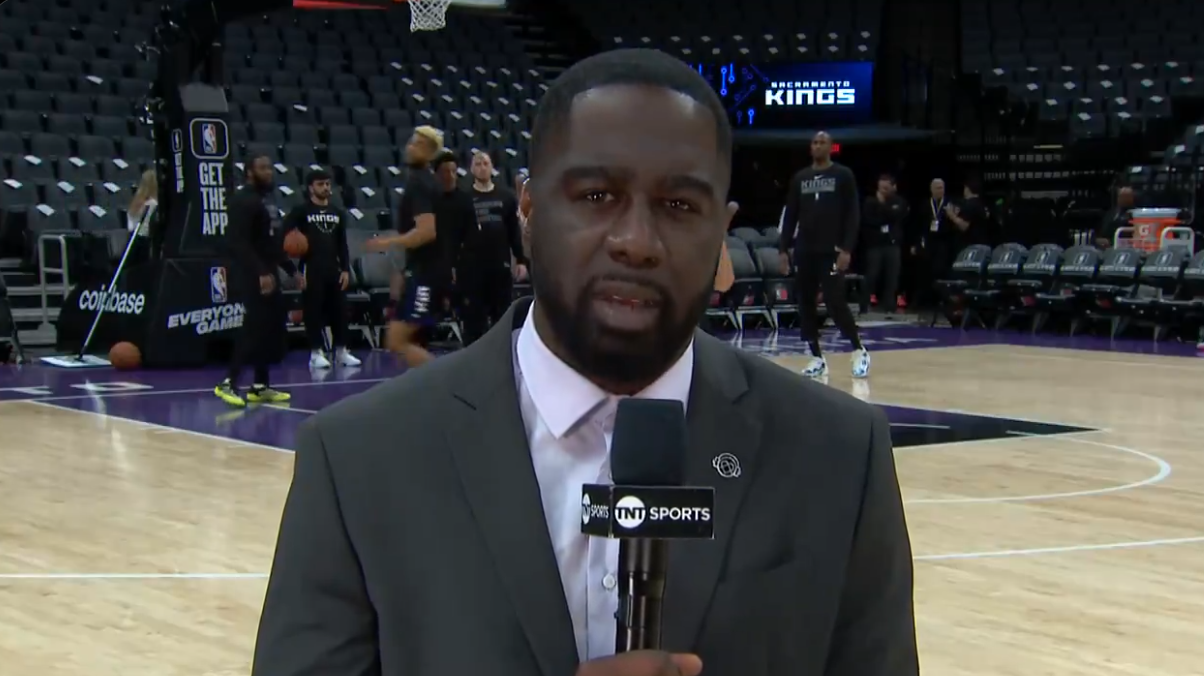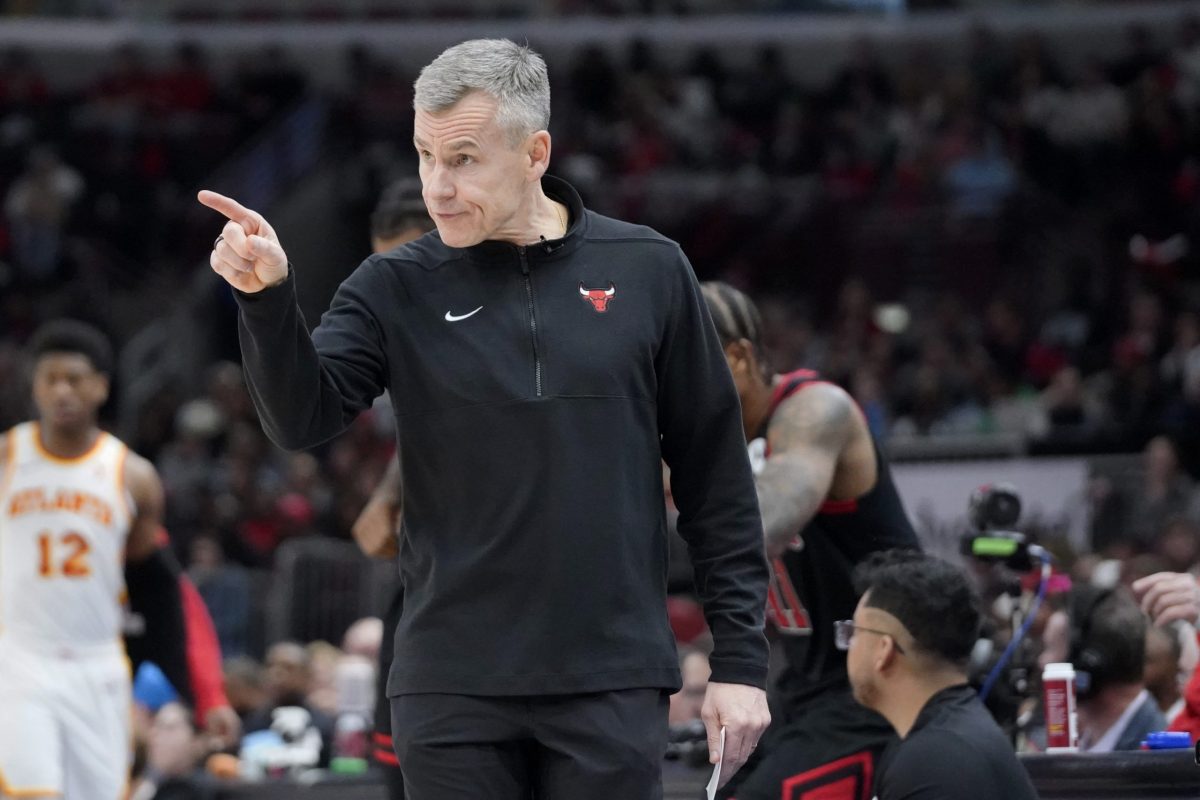SL: What do you get out of calling these friendlies in America?
JC: In the case of the four games I’m doing post-World Cup, it’s a chance for me to explore America. I’ve been to Seattle, over the boarder to Toronto, and over here [to Harrison, NJ]. It’s kind of an extension of the World Cup experience. I really quite enjoyed doing American television, so it’s quite nice to extend that a few extra matches and meet new people.
One of the great things about doing football around the world after you’ve been doing it as many years as I have, wherever you go, you meet people that you know. For example, I went to Seattle, and a guy came up and talked to me with an English accent, he said “Hi, my name’s Andy Rose.” Fortunately I’d done a bit of research and realized he plays for Seattle, he’s injured at the moment. I got to talk to him, and we’d actually met in England years ago, we’d met at some training session I’d been to.
I went to Toronto, I know [head coach] Ryan Nelsen very well, and some of his staff. Wherever you go, it’s quite nice to renew acquaintance. It’s a professional challenge to broadcast a new audience, but it’s just fun, really. I think we all need fun in our jobs and in our lives.
SL: How much fun is it to watch America sort of fully catch on to soccer in person?
JC: It’s great. I was here for the World Cup in 1994, working for a UK broadcaster. I know that the attendances were higher than any World Cup, but just driving around the country or going through any airport, you wouldn’t have known the World Cup was on. I came home very disappointed from them.
So, to come here 20 years on is particularly thrilling, and having been part of the broadcast team that were lucky enough to bring the World Cup to the U.S., and having been part of bringing the creation of the wave that’s now roaming through the sport in the U.S., to kind of ride the wave is a privilege and very nice.
SL: What’s the experience like being a Premier League broadcaster?
JC: It’s great, because you know that the eyes of the world are on those games. With the Premier League, and I’m not gonna stand out there and say it is the best league in the world, but I will say it is the most exciting. The sort of soap opera narrative that rolls on from week to week captivates very naturally.
It’s a privilege to cover those games because they’re always good contests. The difference between England and say, Italy, Spain, to a lesser extent Germany is that the top team in the table can lose to the bottom team in the table, and it does happen with a degree of regularity. There’s a democracy at work in English football that I really love, and I like the ebbs and flows of the season, and then when the FA Cup comes in with the big teams playing the little teams starting in January, that’s another dimension as well.
That’s something that, with the strength and the money of the Champions League, that we don’t lose sight of what made English football so attractive to the world, i.e. not just the structure of the Premier League, but all the way down into non-league as well, and the FA Cup which we should cherish as much as anything else.
SL: There are maybe 20,000 Arsenal fans in New Jersey, today, it must be interesting to see the reach of English football in America.
JC: It’s a triumph of marketing, no question about that, the construction of the Premier League.
There’s an awful lot of interest in the UK now at just what is building in America. The way that the World Cup and the vast audiences on TV were written about in the UK, it was as if this is it, finally soccer has broken through in the United States. That’s not one World Cup that does that, that has to be sustained over a number of years.
The signs I see from MLS, I think, are encouraging. It’s a whole lot better product than it was five years ago, 10 years ago. They start a new eight-year TV deal, so there’s security, there’s talk of maybe a fourth designated player, of the salary cap going up by as much as 50 percent. These are truly exciting times, and I think it’s the responsibility of Don Garber and all his staff to make sure that they maximize this wonderful opportunity that has been presented to everyone that has football at heart to really allow it to keep going. We make look back on this as a watershed year, and if I’ve been lucky enough to be part of that journey then that’s great.
SL: Do you have interest in working for American audiences again at some point in the future?
JC: Sure, I can’t tell you how warmly I’ve been welcomed. I had no idea when we were in Brazil, that the American audiences seemed to have liked what I did. I make a point — I’m not on Twitter, I don’t go looking for reviews — because you’ve got to deal with doing the game. It was only when I landed here 10 days ago that people started coming up to me and talking about it, that it had gone down pretty well.
You always go where you’re wanted, but if people have liked what I’ve done, I’ve loved doing it. I’m really grateful for the response I’ve received so far. If the opportunity comes up to do some more for an American audience then, yeah, of course I’d be interested.

